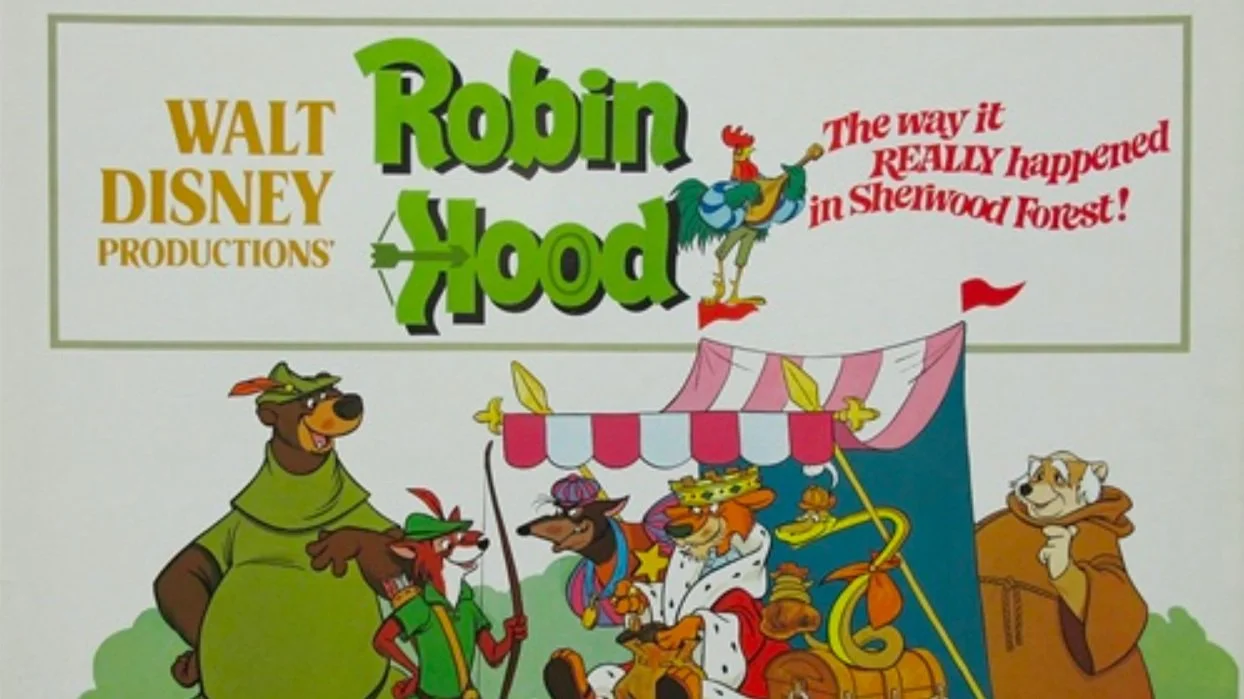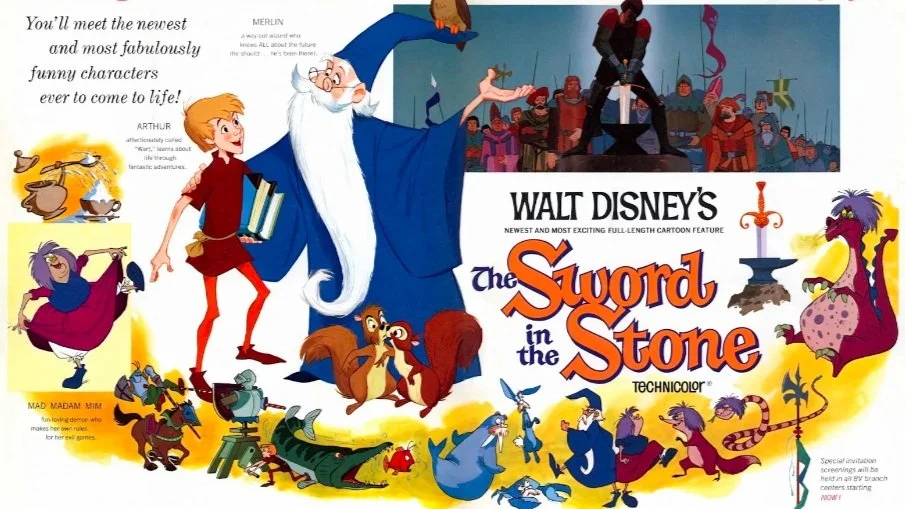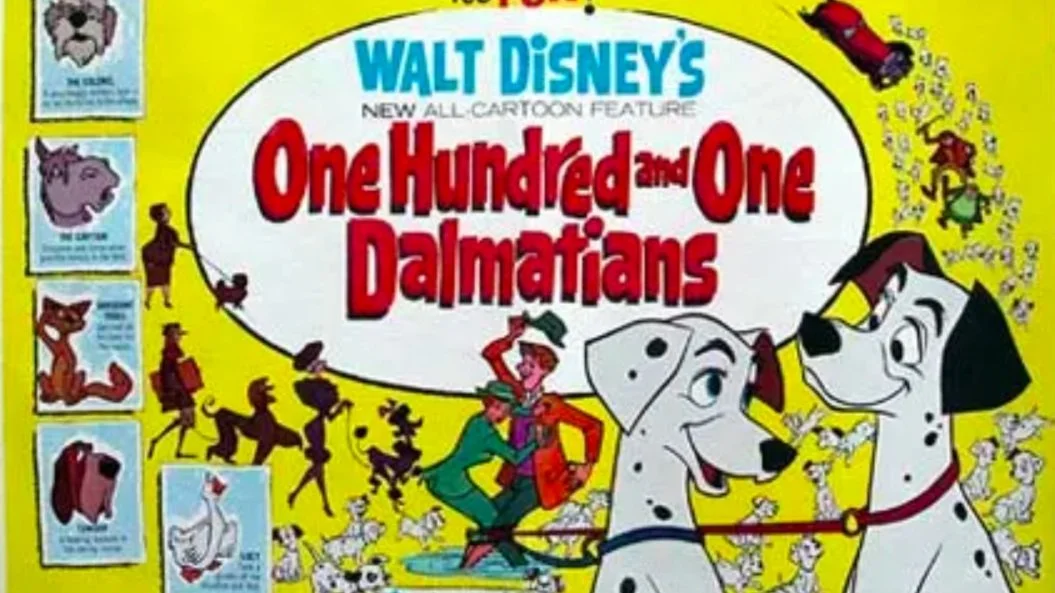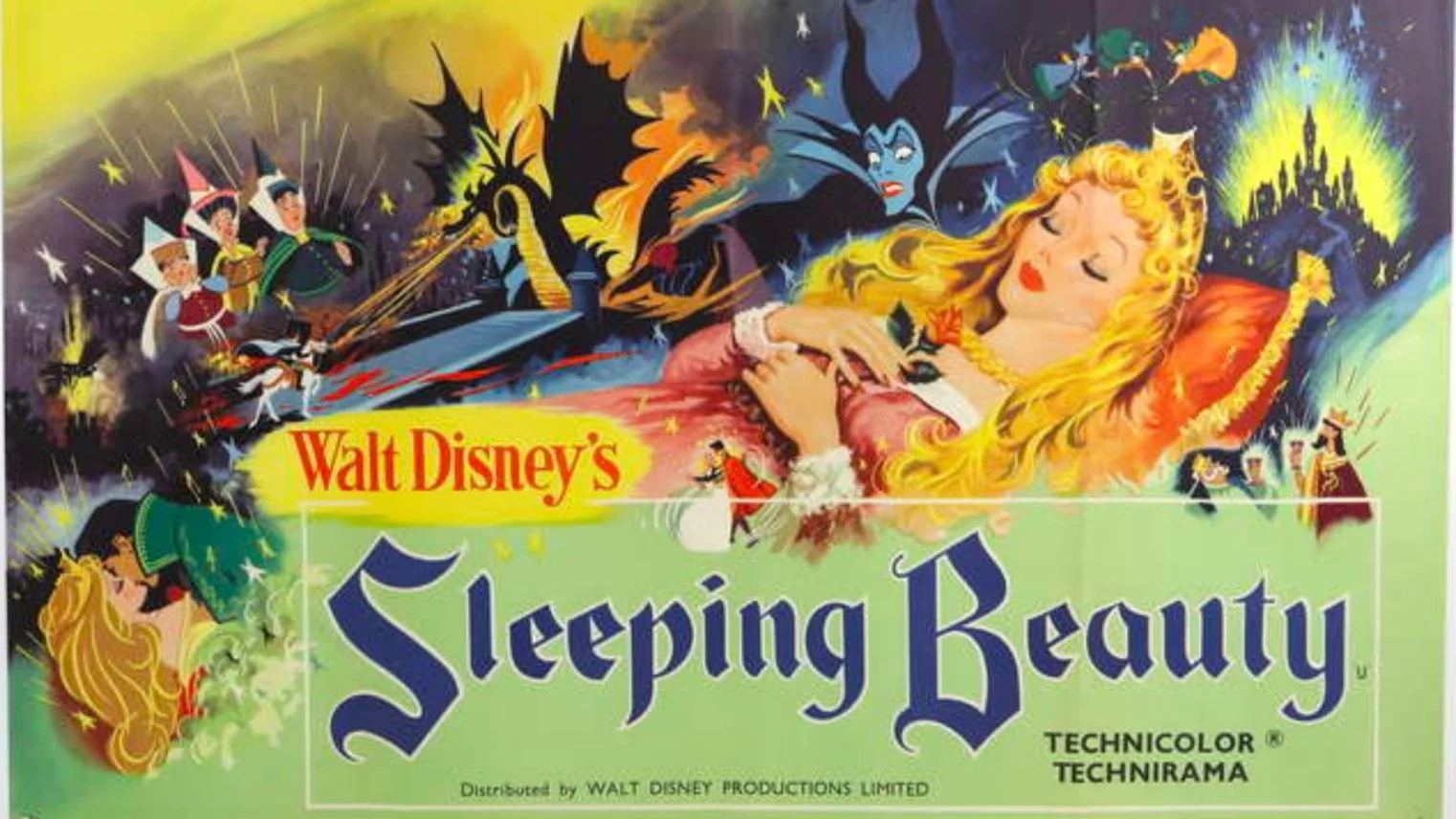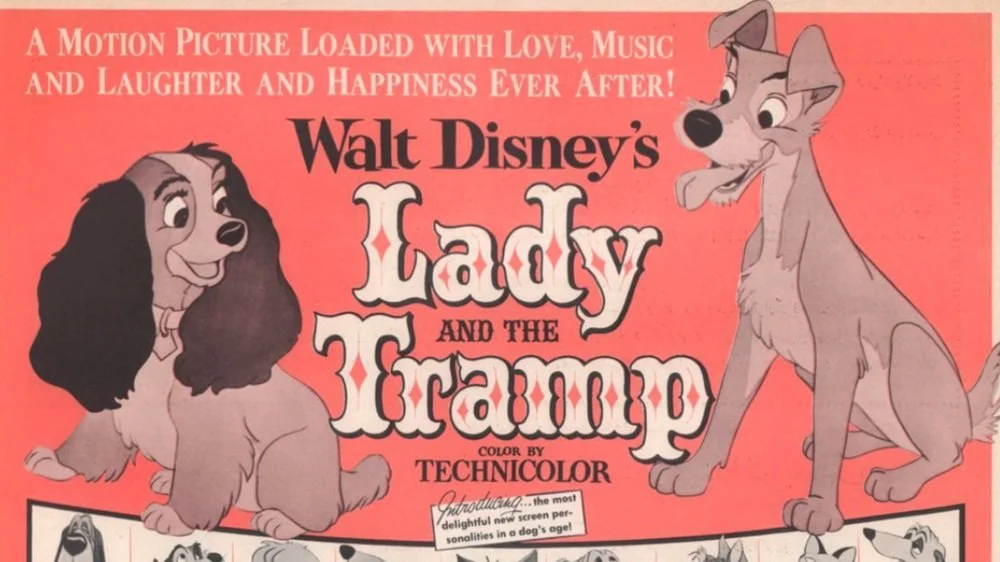Overlooked & Underseen: Victim (1961)
It’s Pride month and Talk Film Society wants to recognize this by highlighting some of the great LGBTQ films out there. I’ve decided to use the last three columns remaining in this month to showcase three amazing films that might not be on everyone’s radar. First up, the extraordinary 1961 film from the UK called Victim.
To call the release of this film “controversial” is something of an understatement. In 1961 Britain, homosexuality was illegal. If one were convicted of the crime, they were sent to jail. Not to mention the fact that their life was ruined as they knew it. According to Wikipedia, Victim was “…the first English language film to use the word ‘homosexual’” and it was released in the United States without the seal of the MPCC (predecessor of the MPAA). Putting out a film like Victim, which takes the approach of sympathy towards gay men, was really a risk. We should all be thankful for that risk because the film really is fantastic.
Dirk Bogarde stars as hotshot barrister, Melville “Mel” Farr. His practice is very popular and he’s on course to become a judge. He is married to Laura (Sylvia Syms), a teacher. Everything seems to be going Mel’s way. There’s a young man, Barrett (Peter McEnery), who keeps trying to get in contact with Mel. He gets more desperate in each attempt. Farr is having none of it because he believes Barrett is trying to blackmail him. Gay men in Britain were susceptible to blackmail because they would rather pay money than be exposed or put in jail. Also, they generally didn’t go to the police if they were being blackmailed. Farr avoids Barrett at all costs. Tragedy strikes and when Farr finds out the truth about Barrett, he’s riddled with guilt. He decides to take matters into his own hands no matter the cost to his career or his marriage.
Bogarde was also taking a risk by agreeing to star in this film. He enjoyed success as a top film star in the UK, so starring in a film that not only discussed homosexuality but was also sympathetic to the men having to hide in the shadows seemed completely taboo. Bogarde accepted the role as soon as he was offered it (after other stars turned it down). He felt it was such an important film/role and it was worth losing work, perhaps even his career, over.
Although shot in less than two weeks, the film doesn’t look or feel rushed. The black and white photography (Otto Heller, Peeping Tom, etc.) looks gorgeous. All of the acting is terrific, especially from Bogarde and Syms. The story, by Janet Green and John McCormick, depicts the writers’ views that the laws against homosexuality in Britain should be abolished. It details the lengths gay men had to go through during this time period.
Criterion released the film in 2011 under their Eclipse series. It’s available for streaming this month, along with several other films in celebration of Pride month, on FilmStruck. It is worth looking into not only because of the quality and performances but also because we get a glimpse into what it was like for gay men in Britain under these arcane laws. Clearly, the world still needs to go a long way towards equality. Films like this show us that some countries have come farther than others.







